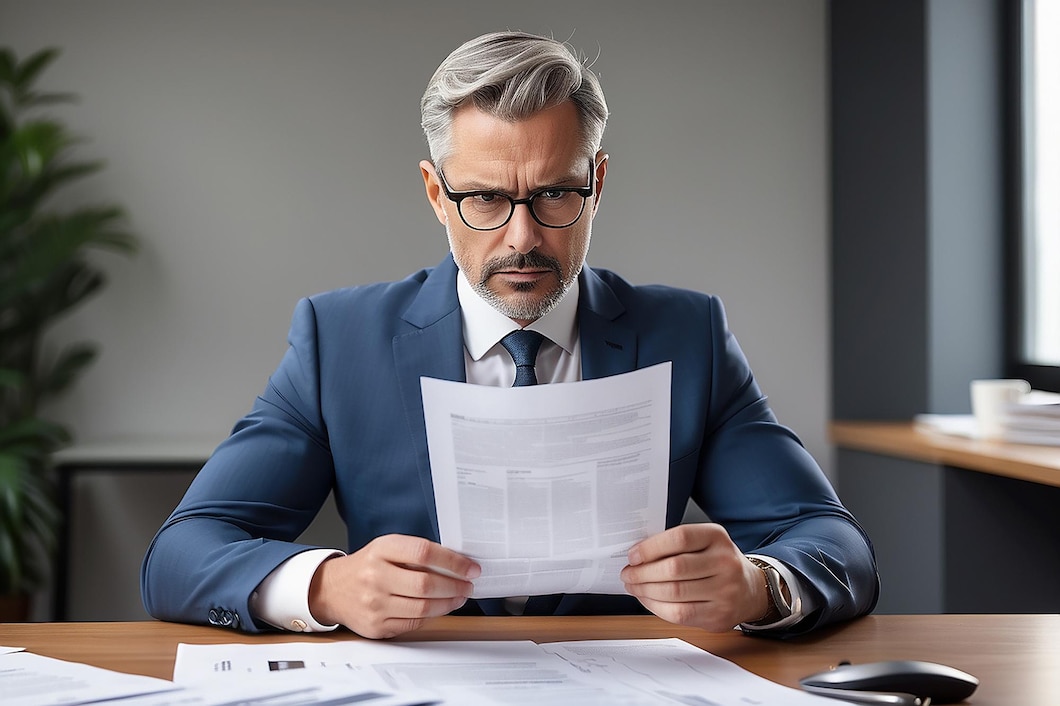Motorcycle Accident Laws in the USA: Your Legal Rights & Maximum Compensation Guide

Motorcycle accidents often result in severe injuries, complex legal battles, and high financial stakes. Due to the vulnerability of motorcyclists on the road, understanding motorcycle accident laws in the United States is critical. Whether you’re a victim of a crash or want to be informed in case the unexpected happens, knowing your legal rights and how to pursue maximum compensation can make a significant difference in your recovery—both physically and financially.
This blog will guide you through what to do after a motorcycle accident, how fault is determined, what compensation you may be entitled to, and how to protect your rights every step of the way.
1. Why Motorcycle Accident Cases Are Legally Complex
Motorcycle accident cases differ from regular car accidents for several reasons:
- Increased risk of serious injury or death
- Bias against motorcyclists by insurance adjusters and juries
- More aggressive legal defenses from the at-fault party
- Helmet laws and state regulations vary across jurisdictions
Because of these complexities, motorcyclists often need to fight harder to get fair compensation—even when they’re not at fault. That’s why understanding your rights and hiring a skilled attorney is crucial.
2. Common Causes of Motorcycle Accidents
Understanding the cause of the accident is the first step in building a strong legal case. Common causes include:
- Distracted driving by other motorists
- Unsafe lane changes
- Sudden stops or rear-end collisions
- Car doors opening into traffic lanes
- Speeding or reckless driving
- Driving under the influence
- Poor road conditions (potholes, debris, lack of signage)
Identifying the cause not only helps assign legal liability but also strengthens your compensation claim.
3. What to Do Immediately After a Motorcycle Accident
Taking the right steps after a motorcycle crash is vital for your safety and your legal case.
Step-by-step guide:
- Seek medical attention: Call 911 immediately, even if injuries seem minor.
- Call the police: A police report is essential for insurance and legal purposes.
- Document the scene: Take photos of your bike, injuries, vehicles, road conditions, and signage.
- Exchange information: Get the contact and insurance info of all involved drivers and witnesses.
- Do not admit fault: Anything you say can be used against you.
- Consult a motorcycle accident lawyer: They will guide you on the best legal path forward.
4. Understanding Motorcycle Accident Laws by State
Motorcycle laws vary by state, especially regarding:
- Helmet requirements
- Lane splitting rules
- Insurance minimums
- Comparative negligence laws
For instance, California allows lane splitting, while many states do not. Some states use pure comparative negligence, meaning you can still recover damages even if you’re 99% at fault. Others, like Texas, use modified comparative negligence, where you must be less than 51% responsible to receive compensation.
Knowing your state’s specific laws is key to understanding what compensation you’re legally entitled to.
5. Who’s Liable in a Motorcycle Accident?
Liability can fall on various parties depending on the circumstances:
- Other drivers (distracted or reckless driving)
- Government agencies (poor road maintenance)
- Motorcycle manufacturers (defective parts)
- Property owners (if the accident occurred on private land)
To prove liability, you need to show that:
- The at-fault party owed you a duty of care
- They breached that duty (negligence)
- That breach directly caused your injuries
- You suffered actual damages (medical bills, lost income, etc.)
6. Types of Compensation You May Be Entitled To
Victims of motorcycle accidents may qualify for a wide range of compensatory damages, including:
A. Medical Expenses
This includes ER visits, surgeries, rehab, medications, medical devices, and ongoing care.
B. Lost Wages
If your injury forces you to miss work, you can claim lost income. If you’re permanently disabled, you can also claim loss of future earning capacity.
C. Pain and Suffering
Pain, emotional distress, anxiety, PTSD, and the overall impact on your quality of life fall under this category.
D. Property Damage
You’re entitled to compensation for repairing or replacing your motorcycle, gear, and personal items damaged in the crash.
E. Punitive Damages
If the accident was caused by gross negligence—such as drunk driving—you may be awarded punitive damages to punish the wrongdoer.
7. How Insurance Affects Your Claim
Motorcycle insurance typically includes:
- Liability coverage
- Uninsured/underinsured motorist coverage
- Medical payments or personal injury protection (PIP)
However, many drivers on the road are underinsured, and insurance companies often try to settle quickly and for less. It’s essential to:
- Not accept the first offer
- Not give recorded statements without legal counsel
- Work with an attorney to negotiate full compensation
8. Helmet Laws and Their Impact on Your Case
In many states, not wearing a helmet can reduce your compensation, even if the other party was at fault. This is because insurance companies may argue that your injuries were worsened by your decision not to wear a helmet, especially if it was legally required in your state.
However, if you were not at fault for the crash, you may still be able to recover a large portion of your damages. Always consult with a lawyer to assess the impact of helmet use on your specific case.
9. How Long Do You Have to File a Motorcycle Accident Claim?
Every state has a statute of limitations, which limits the time you have to file a personal injury lawsuit. In most states, including Texas and California, the deadline is two years from the date of the accident.
Failing to file within this time frame may result in losing your legal right to seek compensation. Exceptions may apply if:
- The injury wasn’t immediately discovered
- The victim was a minor
- The liable party is a government agency (shorter deadline)
10. Why You Need a Motorcycle Accident Attorney
Motorcycle accident cases often involve serious injuries, biased assumptions, and complex legal questions. A qualified attorney can:
- Evaluate your case value
- Collect strong evidence
- Prove fault and negotiate with insurers
- Represent you in court if needed
- Maximize your total compensation
Most attorneys work on a contingency fee basis, so you pay nothing unless they win your case.
Final Thoughts
Motorcycle accident laws are designed to protect victims—but only if you understand how to use them. From determining fault to calculating damages and dealing with insurance companies, the legal process can be overwhelming. That’s why educating yourself and hiring the right lawyer are the smartest steps you can take after a crash.
Your rights matter, and so does your financial future. Don’t settle for less than you deserve. Know the law. Demand fair compensation.




Leave a Reply